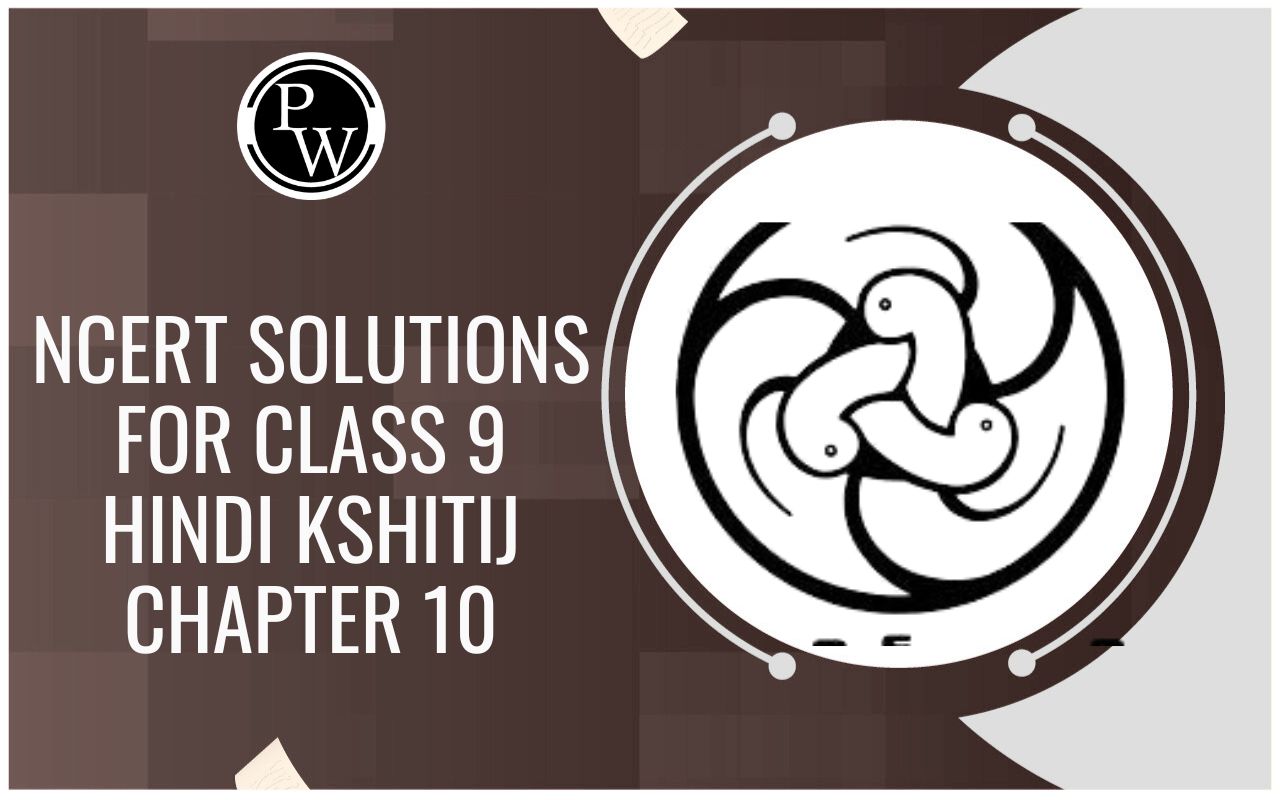
Why Do We Need a Constitution
The Indian Constitution of Class 8
Most countries in the world have a constitution. While all democratic countries are likely to have a constitution, it is not necessary that all countries that have a constitution are democratic. The constitution serves several purposes.
- It lays out certain ideals that form the basis of the kind of country that we as citizens aspire to live in. Constitution tells us the fundamental nature of our society.
- A country is usually made up of different communities of people who share certain beliefs but may not necessarily agree on all issues. A constitution helps serve as a set of rules and principles that all persons in a country can agree upon as the basis of the way in which they want the country to be governed.
- Constitution includes not only the type of government but also an agreement on certain ideals that the people believe the country should uphold.
Case Study of Nepal
- Until quite recently, Nepal was a monarchy. The previous Constitution of Nepal, which had been adopted in 1990, reflected the fact that the final authority rested with the king.
- A people's movement in Nepal fought for several decades to establish democracy and in 2006 they finally succeeded in putting an end to the powers of the King.
- Now the people wish to write a new Constitution to establish Nepal as a democracy. The reason why they do not want to continue with the previous Constitution is because it does not reflect the ideals of the country that they want Nepal to be, and that they have fought for.
- Nepal, by moving from a monarchy to a democratic government, needs to change all its constitutive rules in order to usher in a new society. This is why, the people of Nepal are in the process of writing a new Constitution for the country.
Nature of Political System
The second important purpose of a Constitution is to define the nature of a country's political system. In countries that have adopted a democratic form of government or polity, the constitution plays a crucial role in laying out certain important guidelines that govern decision-making within these societies.
In a democracy, we choose our leaders so that they can exercise power responsibly on our behalf. However, there is always the possibility that these leaders might misuse their authority and the Constitution usually provides safeguards against this misuse of power by our political leaders.
This misuse of authority can result in gross injustice. In the case of the Indian Constitution, many of these laws are contained in the section on Fundamental Rights. The Indian Constitution guarantees the right to equality to all persons and says that no citizen can be discriminated against, on grounds of religion, race, caste, gender, and place of birth. The Right to Equality is one of the Fundamental Rights guaranteed by the Indian Constitution.
Safeguard the Rights of Minority
Another important function that a Constitution plays in a democracy is to ensure that a dominate group does not use its power against other, less powerful people or groups.
The Constitution usually contains rules that ensure that minorities are not excluded from anything that is routinely available to the majority. Another reason why we have a Constitution is precisely to prevent domination by the majority of a minority. This can refer to one community dominating another, i.e. intercommunity domination, or members of one community dominating others within the same community, i.e. intra-community domination.
Check on Strong Decision
The third significant reason why we need a Constitution is to save us from ourselves. This may sound strange but what is meant by this is that we might at times feel strongly about an issue that might go against our larger interests and the Constitution helps us guard against this.
Similarly, the Constitution helps to protect us against certain decisions that we might take that could have an adverse effect on the larger principles that the country believes in. For example, it is possible that many people who live in a democracy might come to strongly feel that party politics has become so acrimonious that we need a strong dictator to set this right.
Swept by the emotion, they may not realise that in the long run, dictatorial rule goes against all their interests. A good Constitution does not allow these whims to change its basic structure. It does not allow for the easy overthrow of provisions that guarantee rights of citizens and protect their freedom.




